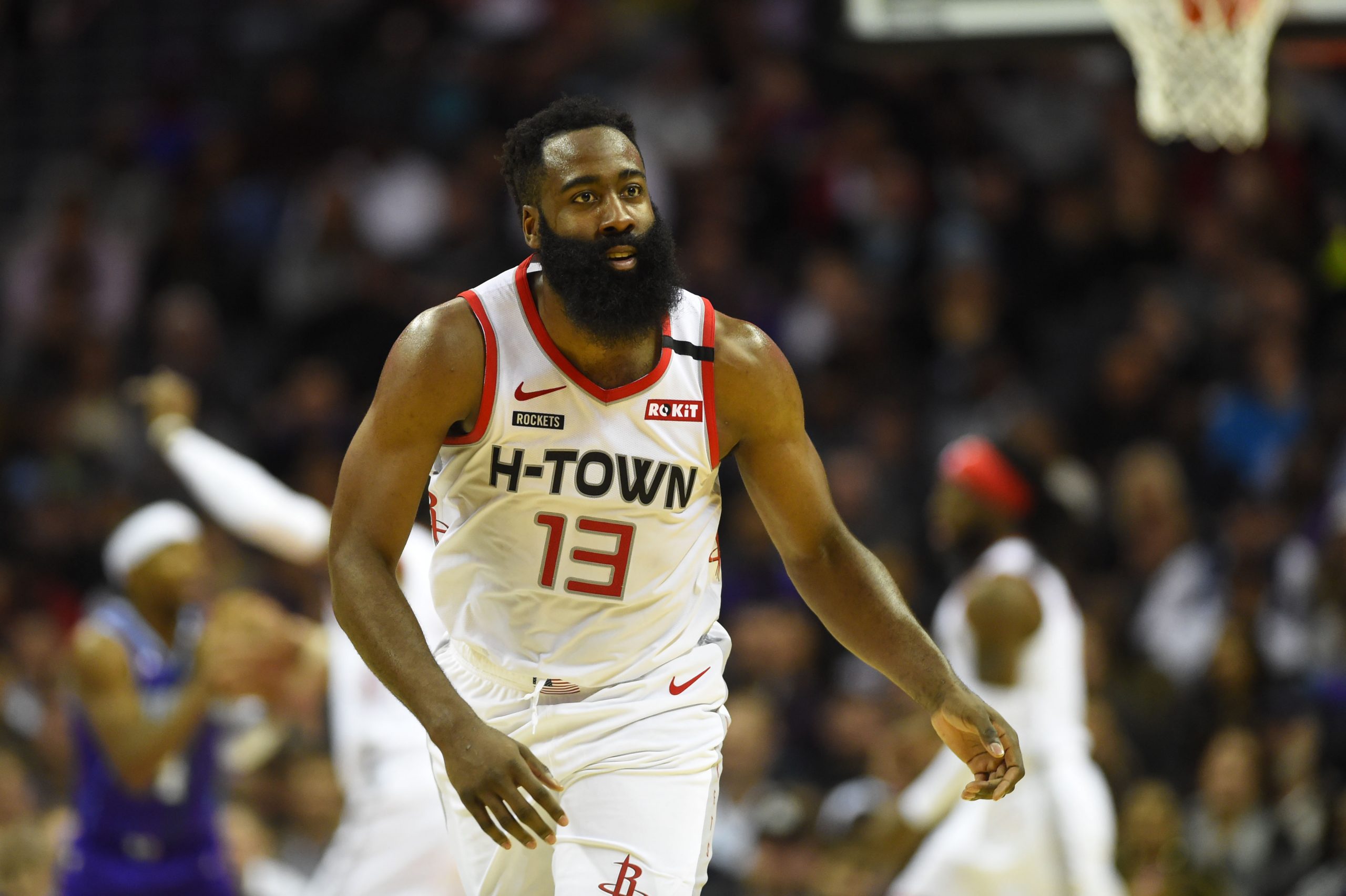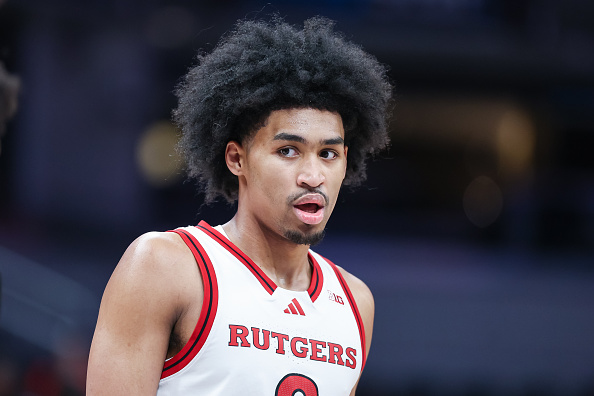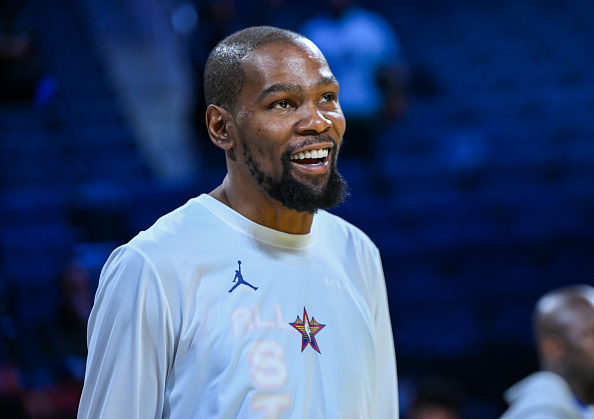When NBA fans think back on recent MVP snubs, many point out James Harden’s 2018-19 campaign as one that appeared worthy of the award. But, regardless of whether Harden deserved MVP that year, many fans overlook a season in which voters almost undeniably got it wrong.
Most fans, if not all, would agree that Stephen Curry deserved to unanimously win MVP for the 2015-16 season. That year, he broke the NBA record for threes in a single season and helped lead the Warriors to their historic 73 wins. However, his 2014-15 MVP award warrants some much-needed scrutiny.
That year, which marked Curry’s sixth in the league, saw him average 23.8 points, 7.7 assists, and 4.3 rebounds per game. He started 80 games and shot 49% from the field, 44% from three, and 91% from the free-throw line.
Curry led the Warriors to their first title of the 2010s in 2015, though his MVP announcement came during the playoffs in early May. Notably, the NBA did not introduce its awards show until 2017. This meant voters’ opinions could not have been swayed by Curry’s postseason play in both 2015 and 2016.
Harden put together an impressive regular season as well, averaging 27.4 points, 7.0 assists, and 5.7 rebounds per game. He started 81 games and shot 44% from the field, 38% from three, and 87% on 10.2 free throw attempts per game.
But when fans and voters compared these two campaigns, they failed to consider the context of each player’s performance. Curry received help from some of the best teammates and passers in the league, including Klay Thompson, Andre Iguodala, and Draymond Green. Harden, on the other hand, was surrounded by a bizarre mix of abrasive veterans and soon-to-be retirees that included Dwight Howard, Josh Smith, Jason Terry, Terrence Jones, and Patrick Beverley.
Despite the stark contrast in each player’s situation, Harden actually managed to put together a more impressive effort than Curry. The Warriors finished 67-15 and earned the top seed in the Western Conference, but Harden was able to will Houston to 56 wins and the third seed with Howard as the team’s second-leading scorer.
Golden State’s tightly-structured and highly effective offense was designed for Curry to succeed. Opposing teams had to respect threats like Thompson, Iguodala, and Harrison Barnes on the perimeter, and the Warriors’ big men were constantly setting screens to get Curry open shots.
This iteration of the Rockets, however, was the embodiment of a team stuck in the past. While the Warriors embraced the new fast-paced and perimeter-oriented style of play, Houston appeared single-minded in their construction of a roster full of post players and slashers.
Howard averaged 15.8 points and 10.5 rebounds per game, but the Rockets alternated between running the offense through him and completely ignoring his presence. Harden had six other teammates average 10 points or more, but none emerged as a clear third option. As a result, he had to score most of his points through isolation moves with opposing defenses already keyed-in on him.
Too often, NBA awards voters seem to default to handing out awards to players and coaches who lead their teams to the top seed in their conference. And, as evidenced by recent All-Star voting, they often reward players more for their team’s performance than for their individual numbers. This can often backfire, as evidenced by most of Kyle Lowry’s All-Star appearances. Other times it can actually result in the most deserving player winning an award, such as when Giannis Antetokounmpo won last year’s MVP.
Curry winning MVP in 2015 represents the ultimate example of voters taking the easy way out. They chose to vote for the candidate they saw as the best player on the best team instead of Harden, who was much more valuable to his own team than Curry or anyone else.
Moving forward, voters need to choose award winners based on the definitions and basic criteria of the awards themselves instead of historical precedence. In the case of the MVP award, that means choosing the player who’s most indispensable to his team over the course of a regular season. They got it right in 2019, but Harden’s snub in 2015 should be recognized as an unfortunate consequence of a flawed ideology.







